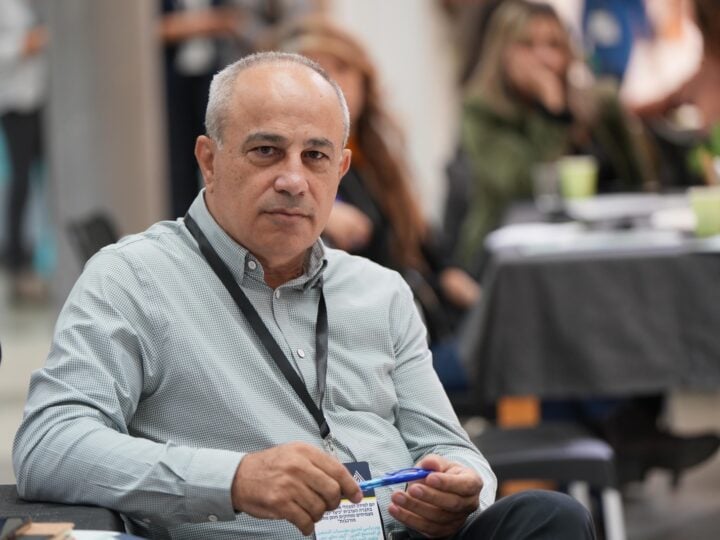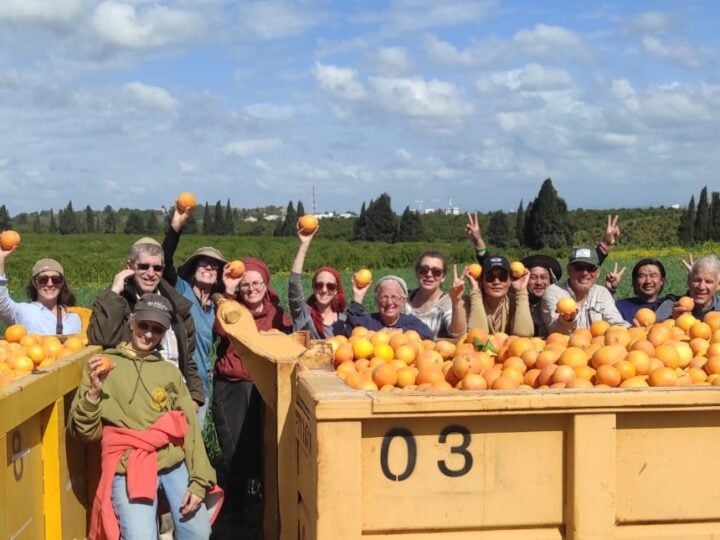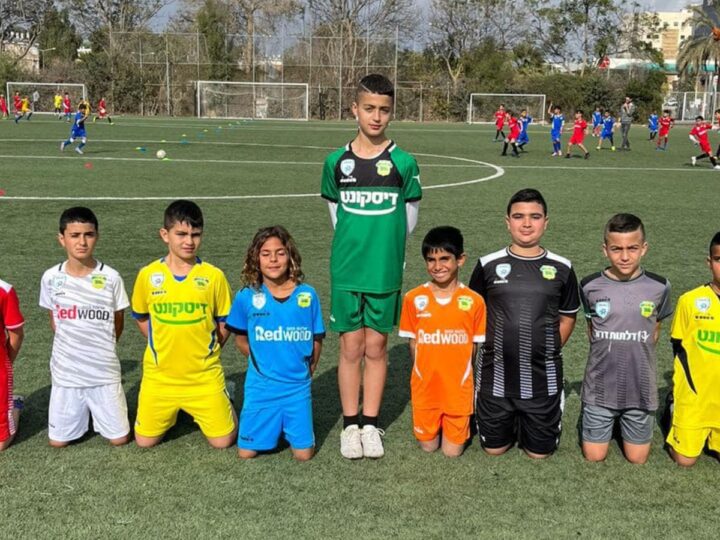It takes more than raw talent to make it as a musician – especially in Israel, where the market is tiny and neighboring markets are not accessible. Gaining an international following entails expensive logistics and requires singers and songwriters to replace Hebrew with English.
But wherever there’s a pain point, Israelis see a solution.
Danny Raveh, a 29-year-old drummer, launched the Synthesizer Accelerator for Musicians as a unique way to bring the strength of Israel’s successful business accelerator model to a different type of “startup.”
“As far as we can tell, Synthesizer is the very first accelerator program for musicians of its kind in the world,” Raveh tells ISRAEL21c. “We found accelerators for music-tech startups but not for the business and entrepreneurial side of being an independent musician.”
The first cohort of 12, chosen from more than 130 applicants, had their initial meeting February 25 at the Tel Aviv municipality’s Vardiel 17 open community space in the Hatikvah neighborhood. Each was matched with one mentor for the duration of the 12-week program.
In keeping with Vardiel 17’s mission of bringing arts to South Tel Aviv, Synthesizer participants give free public concerts each month on the rooftop. For the program’s grand finale, they’ll hold two showcase evenings, May 27 and 28 at the Bascula arts center.
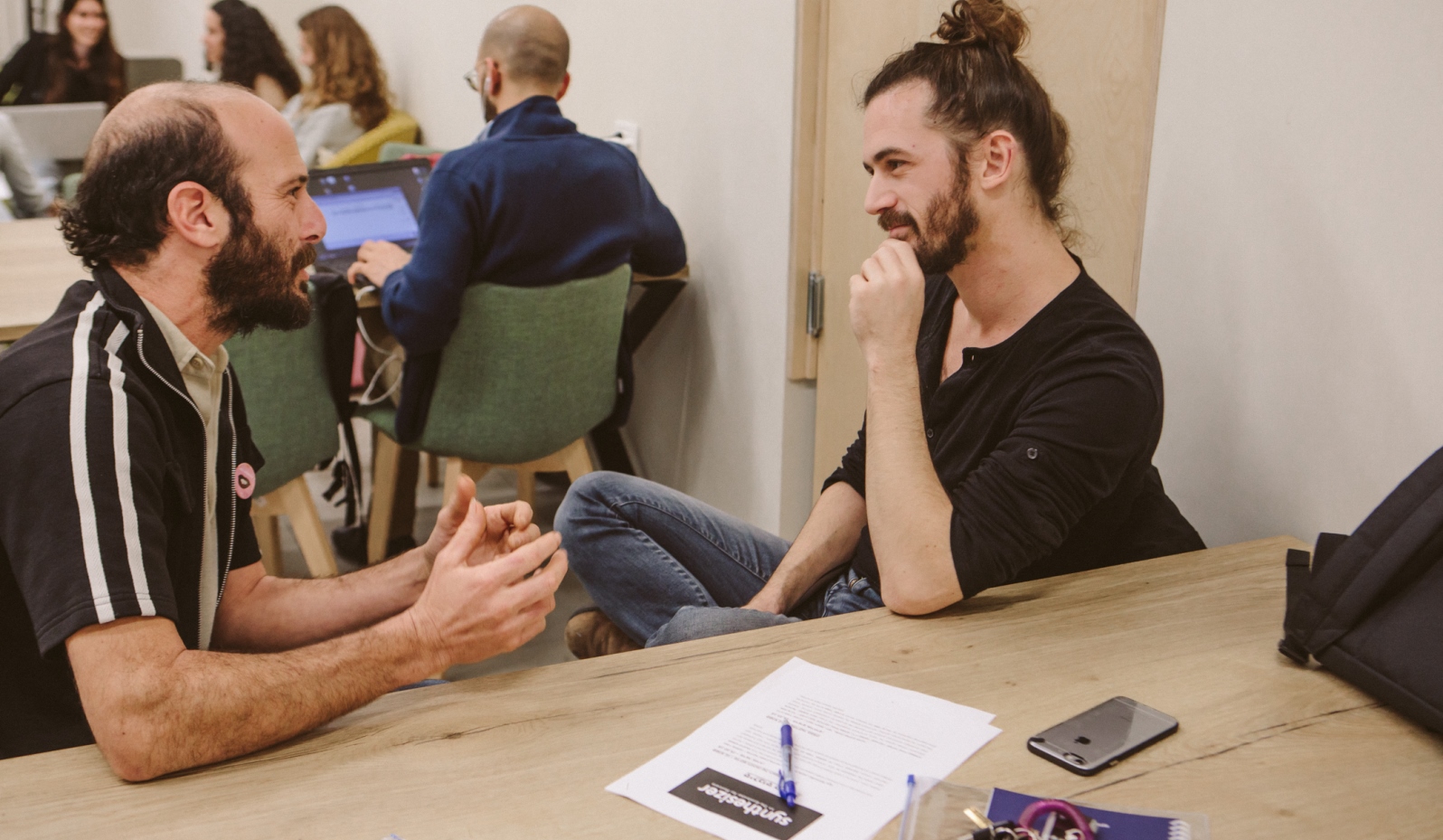
Struggling musicians
Raveh explains that he served as a musician in the army and assumed music would become his profession.
“Then I worked at a music venue as a manager and I saw the struggles I was having as a musician were universal to all musicians trying to grow their careers. Our band didn’t know where to get mentoring and information to help us grow.”
Raveh got involved in the social-startup sector, working for nonprofits and later managing a startup accelerator for Impact Investing Israel.
“I saw that Israel’s startup ecosystem is well supported with accelerators and I wanted to see musicians get the same commercial support for their businesses. But I knew that if I made it for-profit, only musicians who could afford it would participate. I wanted to make it accessible to everyone. So I decided to raise money to open Synthesizer as a nonprofit,” he says.
In July 2017, Raveh began fundraising and partnered with the Tel Aviv municipality, the Anova Music label and other industry players including a music distributor. As a result, the highly subsidized three-month program will cost just ₪1,000 (less than $300) per participant.
Raveh got prominent lecturers and mentors on board. Tamir Muskat, founder of the popular Israeli band Balkan Beat Box, conducted Synthesizer’s opening session.
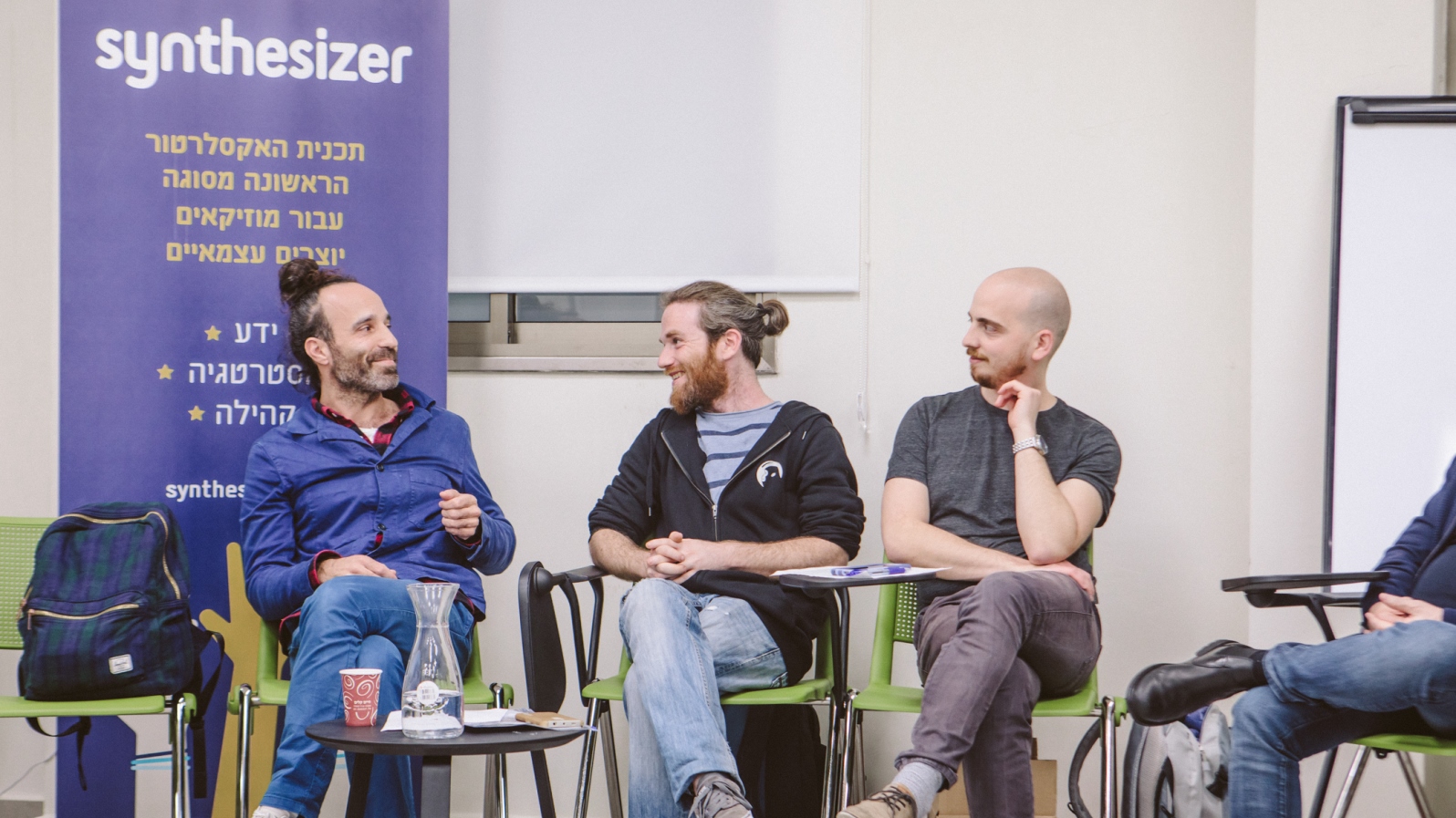
“Over the years I have come to the realization that in a small country like ours, we will be in big trouble if we don’t send a wake-up call to our next generation of artists,” Muskat says.
“I have had so many disheartening encounters with musicians trying to make it, who simply do not understand the state of mind of a working artist. I want to meet ambitious musicians and discuss with them what it really means to work at your art — what it really means to put in the hours,” Muskat tells ISRAEL21c.
“This needs to be understood by young artists even before bringing in supportive industry and business tools. Every time you break down a success story, you see that behind the scenes and behind the success, the person worked at it harder than you can imagine. The artists I want to see, engage with and support are those with huge talent, ambition and a relentless work ethic.”
Learning the ropes
Like any startup accelerator, Synthesizer offers lectures, professional consultations, personal mentors and workshops covering bureaucratic, managerial and artistic aspects. The syllabus was designed by Itamar Bernstein, content director of Synthesizer, and advisory board member Nahdi Lazar, along with “music industry heavyweights,” says Raveh.
Some of these aspects are social-media and booking management; core performance principles including how to craft a set list; creating a brand; contract negotiations; grant-writing; competitions; crowdfunding; long-term business plans; and special-project planning.
Synthesizer’s first cohort is pictured in the collage below, from the top row, left to right: Jon (Jonathan Kotik & Yotam Agam), Erez Dascal, Tamar Philosof, Ella Ronen, Omer Moskovich, Ganit Pinto (Ginger Lemon Honey), Meirav Hellinger, Itamar Haluts, Chen Levy, Noam Sadan (Nomke), Sivan Dahan (Tzuf), Adir Levy.
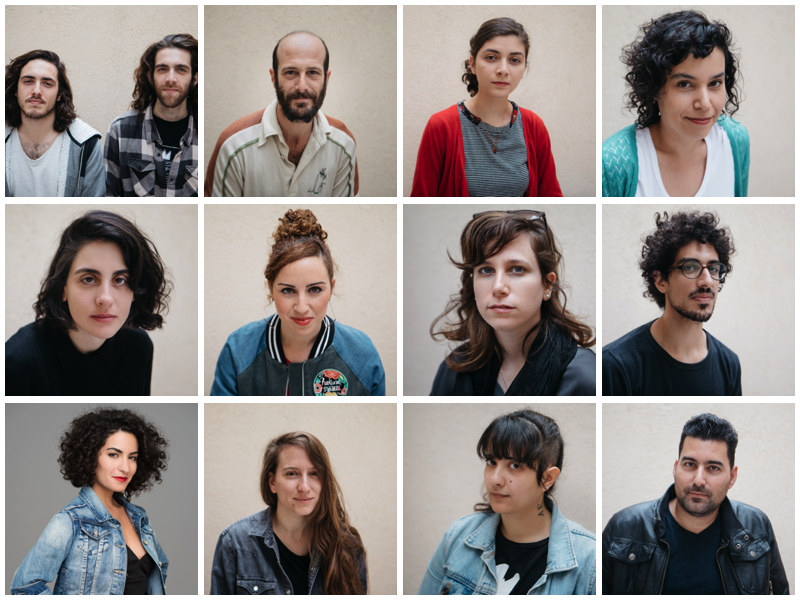
Raveh hopes that alumni will return to be mentors and collaborators in future cohorts, chosen by a selection committee following an extensive application process.
“Participants have to be in the right stage of their career — not too grassroots and not too advanced,” says Raveh. “We tried to choose musicians who can work well with each other and with mentors to really maximize their gains from the program.”
For more information, click here.















